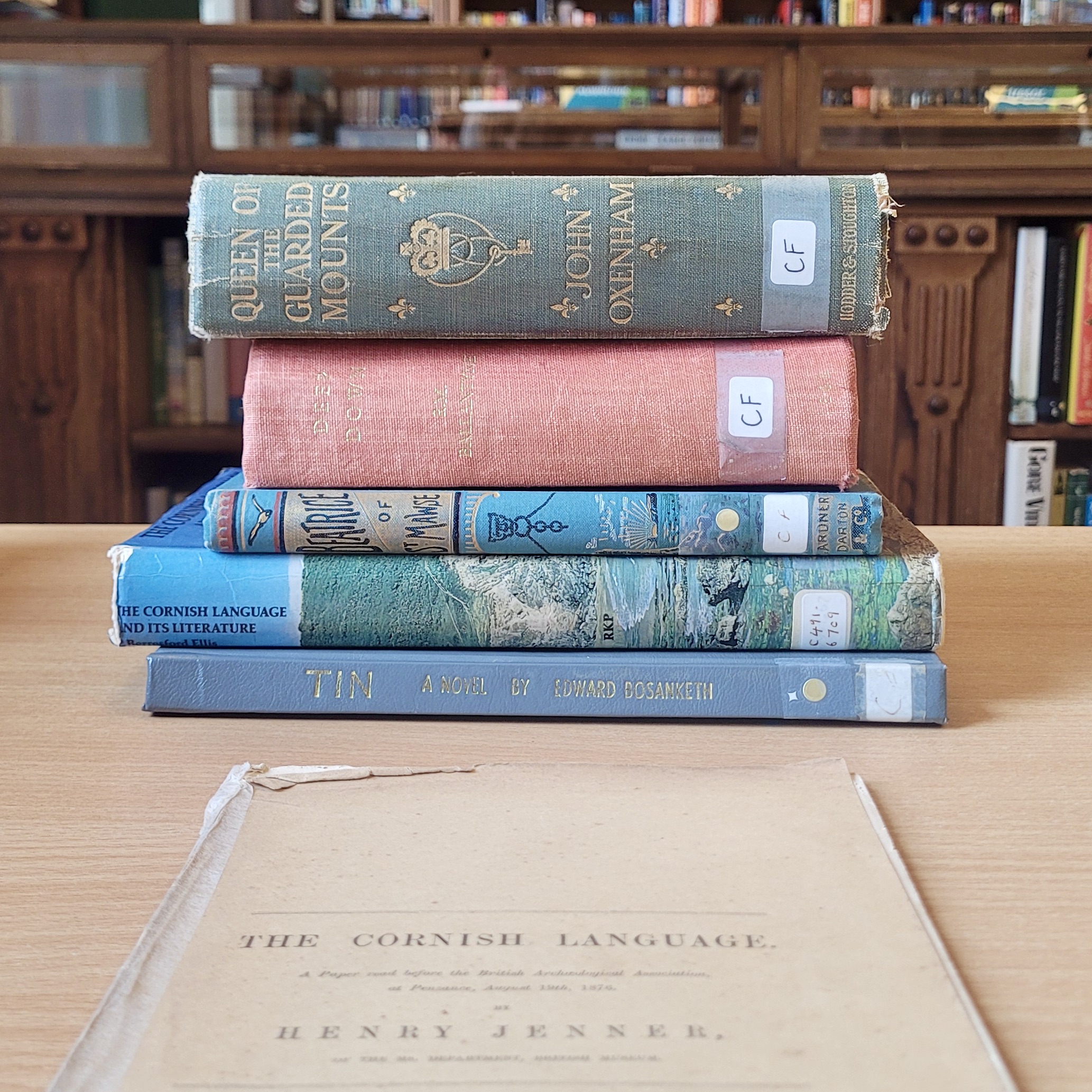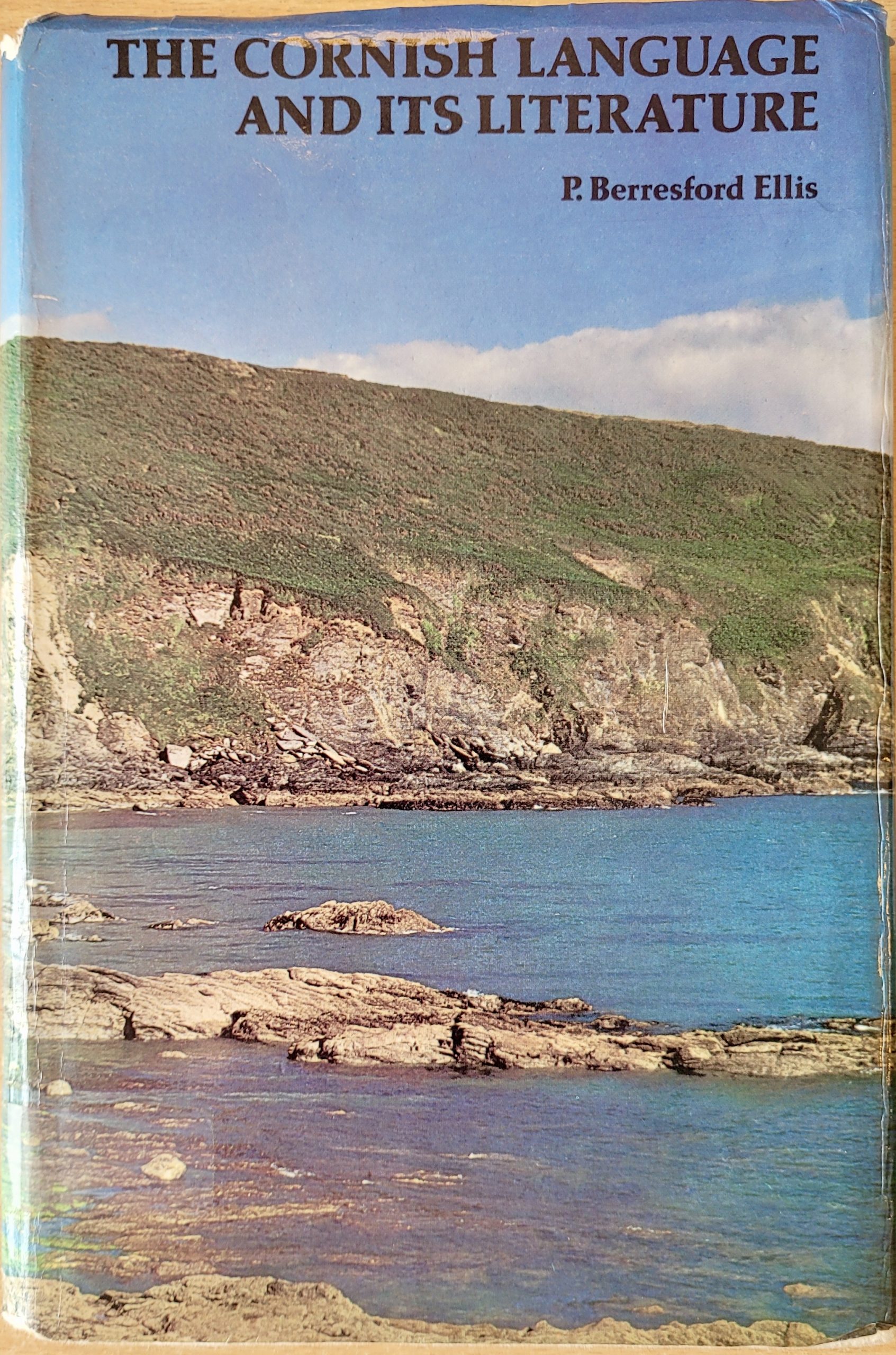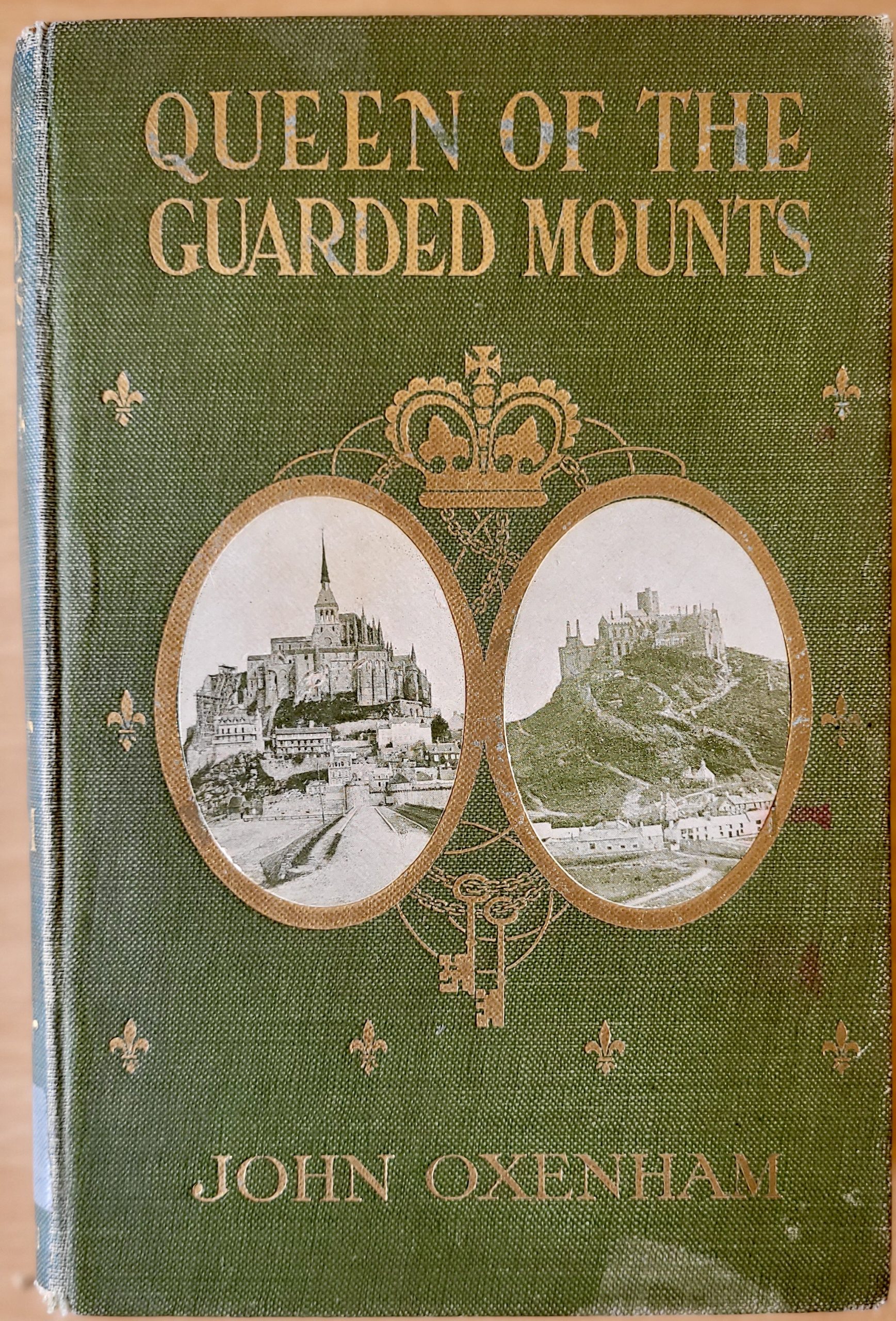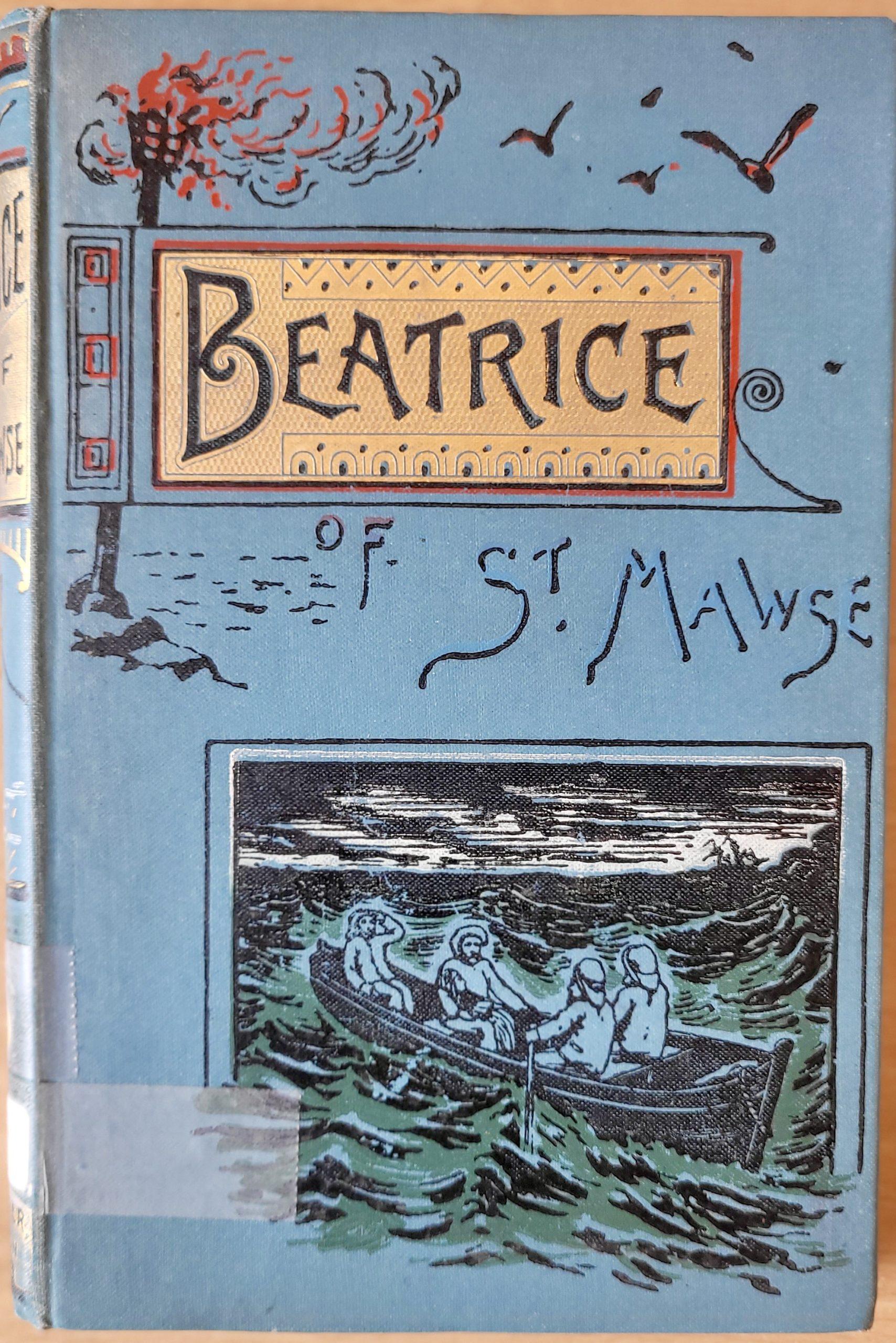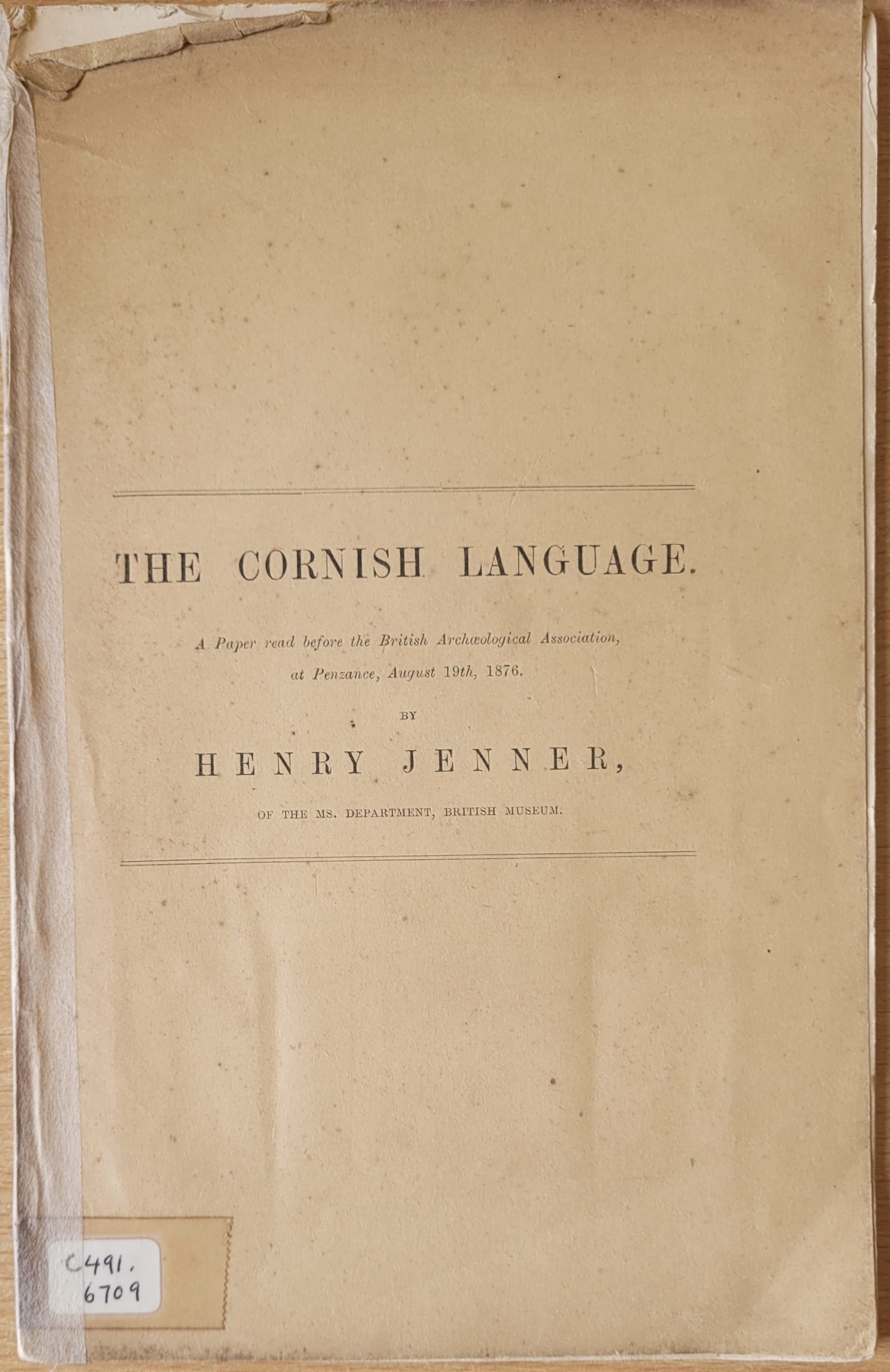Bee Day at The Morrab Library






On Wednesday 28th August, we will be celebrating all things bees with the West Penwith Embroidered Bees Project and Bumblebee Conservation Trust.
Last year, Vicks Harrison got in touch with the Library to tell us about the West Penwith Embroidered Bees Project that she founded in 2019 to highlight the plight of wild bees.
The project aims to raise awareness of the 270 different species of bee that live in Britain, and their varied needs, while also teaching embroidery skills, fostering connection and raising money for wildflower projects, such as Treneere Grows in Penzance. Through stitching illustrations of different bee species onto quilting pieces, Vicks hopes to connect people with our environment, and each other.
With the help of many eager embroiderers – who have stitched a multitude of different bees in a variety of styles at home and at workshops across Penwith over the past few years – the huge, hand-stitched, art quilt has grown substantially since Vicks sent us this introductory video about the project back in 2023!


Many of the bees now stitched into the patchwork were crafted here at The Morrab Library, where Vicks now hosts regular classes. A friendly and welcoming group of bee embroiderers have been meeting here since November to embroider together and they exhibited the quilt at our Spring Fair in April.
On Wednesday 28th August, we will be hosting a ‘Bee Day’ at the Library with bee-related activities taking place throughout the day.

From 10am – 12pm, Vicks will be leading a free embroidery workshop to guide those who would like to learn how to make a bee to be stitched into the quilt. No experience is necessary and attendees do not need to bring any fabric, thread or equipment, but any donations of materials to contribute to the piece are always welcomed. Booking is essential and please email Vicks (vickyvicks@btinternet.com) to do so. Further workshops are listed at the bottom of this blog.



The quilt, in its present but ever-growing form, will be on display in the Natural Sciences Room for the duration of the day. It will hang alongside a display of books about bees (which Library members can borrow on the day) and poems about bees by Vivienne Tregenza.
Vivienne has created pieces for the quilt inspired by the wildflower garden in Treneere (Penzance), a bee-friendly habitat created by Treneere Grows, which the Embroidered Bees Project hopes to help to fund. Vivienne sketched wildflowers including Agrimony, Cornflower and Poppy that grow in the garden then turned her illustrations into beautiful embroideries for the quilt. Her poems about bees will be exhibited in the Natural Sciences room alongside the quilt.
Pop in anytime between 10am – 3.30pm to see the display.



At 2pm in the Reading Room, Pip Cook SW Project Officer for the Bumblebee Conservation Trust, will be giving a talk about the bumblebees we can find in Cornwall.
In Pip’s role, she is particularly focusing on the Moss carder bumblebee (Bombus muscorum), one of the rarest and most threatened bumblebee species in the UK. It is a beautiful ginger-tailed bumblebee with a short velvety coat that was once widespread in the UK and is now found mostly in small, fragmented populations. You can find out more about the talk here and email or call the library before Monday 19th August to put your name into the ballot for a ticket. Entry to this event is free but donations are welcomed to help support The Morrab Library (suggested £5). Refreshments will be provided after the talk.
Upcoming workshop dates:
Wednesday 28th August, 10-12: a free session as part of the “Bee Day”
Tuesday 3rd September, 10-12
Tuesday 17th September, 10-12
Tuesday 15th October, 10-12



















